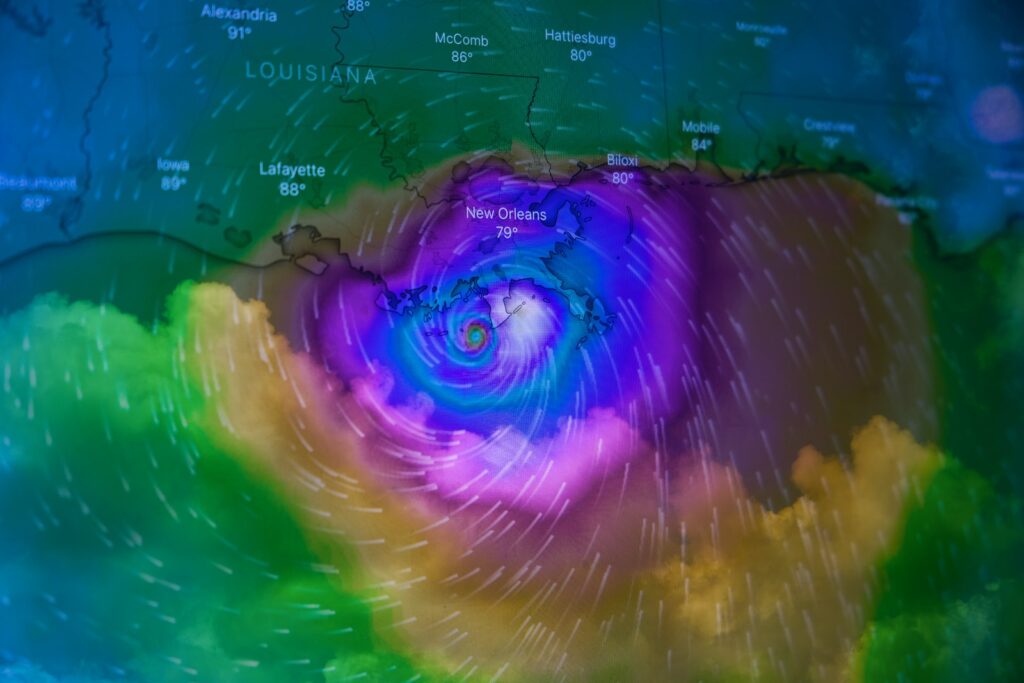Prepare For Hurricane Season
Categories

Stay informed when a major storm is coming by following NOAA Weather Radio or your local news channels for updates. In addition, make sure to obey all orders if requested to evacuate by the authorities.
Follow these ten hurricane and storm preparation steps to keep your home and loved ones safe before disaster strikes:
- Make a plan: If evacuation is necessary, turn off all utilities and follow community disaster preparedness plans. Select a common meeting place or single point of contact for all family members. If you have pets, have a plan for their evacuation as well.
- Secure the exterior: Trim large trees and shrubs and bring outdoor patio furniture, potted plants, bikes, and toys indoors. If necessary, secure outdoor sculptures with burlap or blankets tied with rope.
- Install storm shutters: Protect windows, doors, and skylights with appropriate shutters or impact-resistant glass. You can nail pieces of plywood to window frames as last-minute protection.
- Check wall hangings and art: Make sure wall hangings are secure, and take notes about your art collection and any existing damage. Ensure that art hung on outside walls is taken inside and elevated off the floor.
- Move your cars to higher ground or park them in your garage against the garage doors. Do not park under trees, power lines, or in low-lying areas.
- Power up: Fill your car’s gas tank, charge your cell phone, test your generator, and have plenty of fuel-ready in case of power outages.
- Unplug appliances: Move appliances and household fixtures away from exterior doors and window openings. Store them in cabinets or interior closets.
- Store important documents: Keep important documents, such as legal papers, birth certificates, marriage licenses, financial papers, insurance policy information, and valuables, such as jewelry, in a safety deposit box or in a bolted safe in an interior closet in your home.
- Prep an emergency kit: Gather flashlights, a portable radio, extra batteries, non-perishable food, bottled water, cash, blankets, clothing, and toiletries.
- Identify a shelter room: This enclosed area should be on the first floor, in the central part of the house, with no windows. Avoid all unprotected windows and doors until the storm passes.
